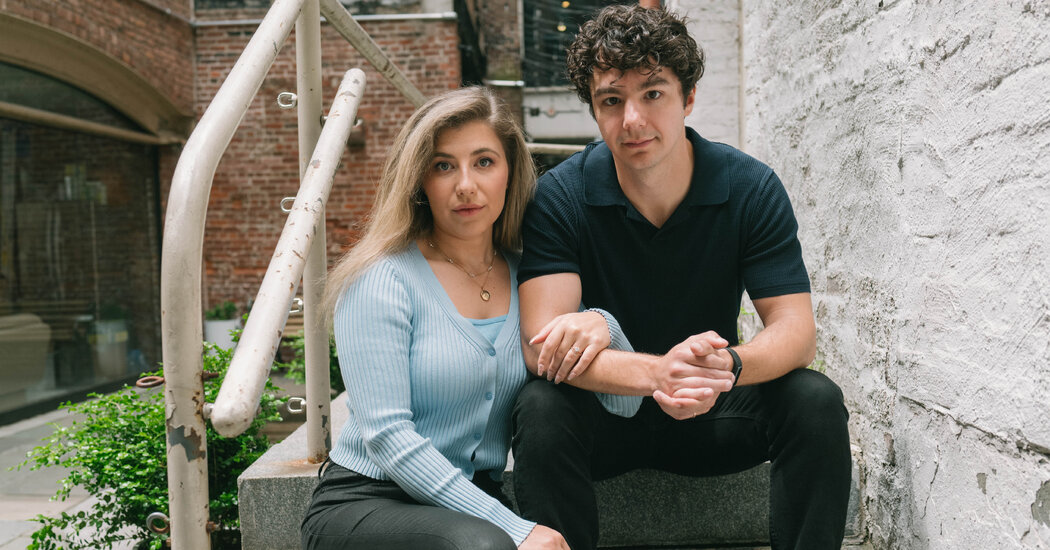Two voice actors say an A.I. company created clones of their voices without their permission. Now they’re suing. The company denies it did anything wrong.
Last summer, as they drove to a doctor’s appointment near their home in Manhattan, Paul Lehrman and Linnea Sage listened to a podcast about the rise of artificial intelligence and the threat it posed to the livelihoods of writers, actors and other entertainment professionals.
The topic was particularly important to the young married couple. They made their living as voice actors, and A.I. technologies were beginning to generate voices that sounded like the real thing.
But the podcast had an unexpected twist. To underline the threat from A.I., the host conducted a lengthy interview with a talking chatbot named Poe. It sounded just like Mr. Lehrman.
“He was interviewing my voice about the dangers of A.I. and the harms it might have on the entertainment industry,” Mr. Lehrman said. “We pulled the car over and sat there in absolute disbelief, trying to figure out what just happened and what we should do.”
Listen to Paul Lehrman’s real voice.
Listen to the A.I. clone of Mr. Lehrman’s voice.
Tell us how your law firm is using A.I.
We’d like to hear from lawyers working with generative A.I., including contract lawyers who have been brought on for assignments related to A.I. We won’t publish your name or any part of your submission without contacting you first.
